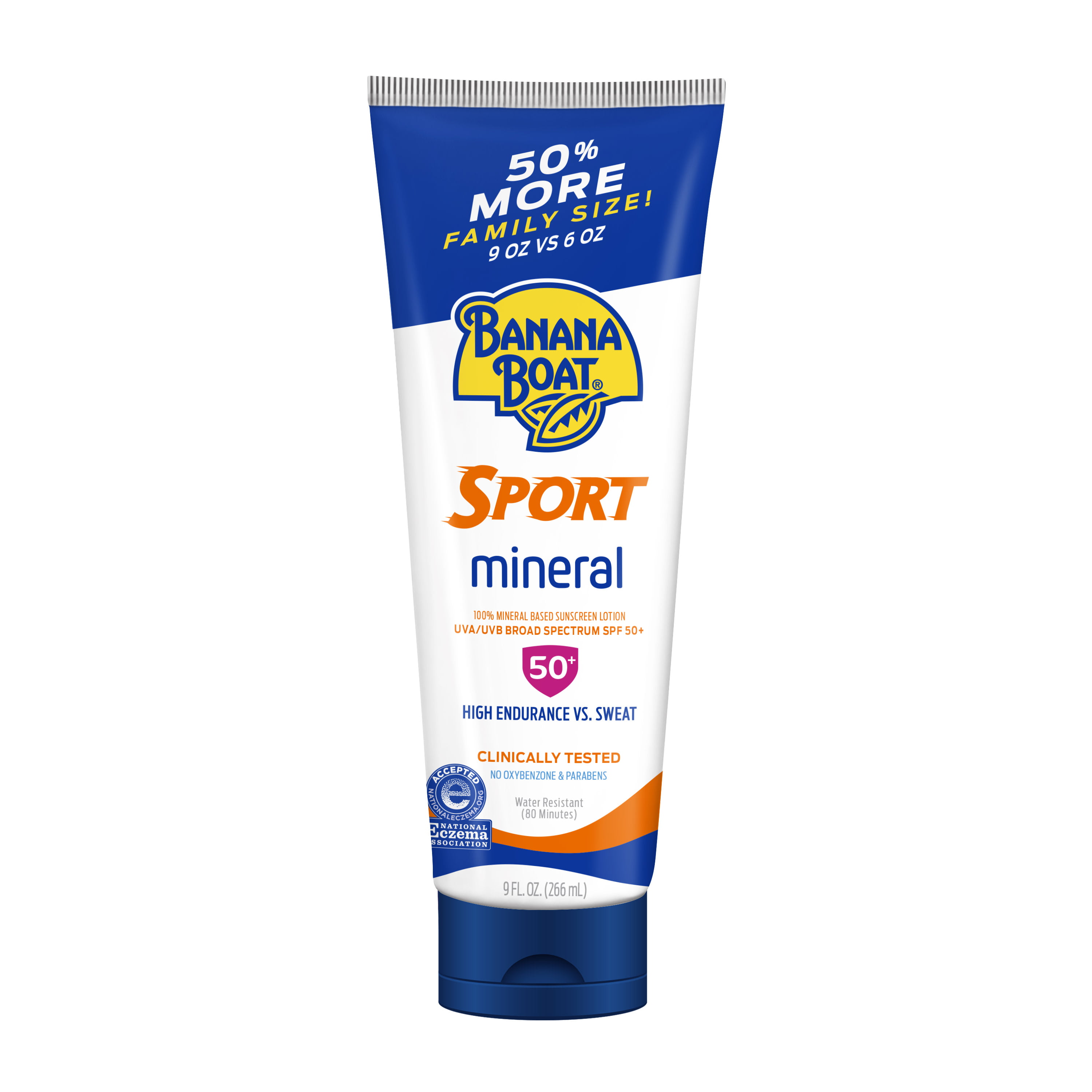

MINERAL SUNSCREEN SKIN
However, before these chemicals can offer any UV protection, your skin has to absorb them. This means that your skin is protected because the UV rays never actually hit your body. Then, through a chemical reaction, the sunscreen dissipates the UV rays. The active ingredients in chemical sunscreens, like the ones listed above, are effective because they absorb the sun’s UV rays. Here are a few examples of chemical ingredients commonly found in sunscreen:ĭespite the fact that these compounds have all been approved by the Food and Drug Administration (FDA), research shows potential risks for several of them, including: What Is A Chemical Sunscreen?Ī chemical sunscreen is one whose active ingredients are non-natural, chemical compounds. To better understand the differences between chemical and mineral sunscreens, let’s take a closer look at each. These minerals simply sit on top of your skin and protect it by reflecting away UV rays. Mineral sunscreens, on the other hand, use two natural minerals-zinc oxide and titanium dioxide-as active ingredients. The main difference between chemical and mineral sunscreens can be found in their ingredient lists.Ĭhemical sunscreens have ingredients that may potentially cause health problems for you and your baby. This is the best way to protect your baby’s skin! What Is The Difference Between Mineral And Chemical Sunscreen? To guarantee protection against UVA and UVB rays - both of which can cause cancer - choose a sunscreen with a “Broad Spectrum” label. (Remember: these are the rays that can penetrate deep into your and your baby’s skin!) In other words, if you used an SPF 30 product properly, it would take 30 times longer for you to burn than if you used no sunscreen.īut what about those UVA rays we mentioned earlier? Unfortunately, many sunscreens do not protect against UVA rays. SPF is a measure of your sunscreen's ability to protect against UVB rays and their damaging effects.Īccording to the Skin Cancer Foundation, the SPF number tells you how long the sun’s UVB rays would take to redden your skin if you applied the sunscreen exactly as directed compared with the amount of time without sunscreen. This is the number that you’ll see on the side of your sunscreen bottle, like SPF 30, for example. (Read below to find out more about chemical and mineral sunscreens!) What Is SPF? Chemical filters absorb the UV rays, while mineral filters act as a physical barrier on your skin. The sunscreen you’re using contains either mineral or chemical filters. To do that, you’ll need to lather your baby up with sunscreen. This is what causes tanning or sunburn.Īccording to the University of Iowa Health Care (UIHC), there are approximately 500 times more UVA rays in the sun’s light than UVB rays! So not only do you need to protect your baby from the effects of UVB rays, but you also need to protect them from the damaging effects of abundant UVA rays. UVB rays (ultraviolet B) are shorter waves from the sun that only reach the surface of your baby’s skin. Obviously, your baby won’t be too worried about wrinkling and age spots, but you can set them up for healthy skin habits early on! UVB We’re talking things like wrinkling, age spots, and cancer. UVA rays (ultraviolet A) are long waves from the sun that penetrate deep into your and your baby’s skin and create long-term effects. There are two types of UV rays that can hurt your (and your baby’s!) skin: UVA and UVB. And as much as you love feeling the sun’s warmth, these UV rays can cause all kinds of skin damage. We know that your baby’s well-being is priority number one, so we’ll give you all the information you need to keep your little one safe in the sun.
:max_bytes(150000):strip_icc()/cdn.cliqueinc.com__cache__posts__262154__mineral-sunscreens-262154-1531152529400-main.700x0c-9158ac04709f41dc8479c0ab5adb53a8.jpg)
Are chemical sunscreens safe for babies?.

What is the difference between mineral and chemical sunscreen?.Along the way, we’ll answer the following questions: In this article, the baby experts at Mustela will give you an in-depth look at mineral vs. It’s also common knowledge that protecting your baby’s skin with sunscreen is especially important.īut did you know that many sunscreens contain chemical ingredients that may have adverse health effects for you and your little one? It’s no secret that prolonged exposure to UV rays leads to sunburn and increases the risk of skin cancer. We all understand the dangers of the sun.


 0 kommentar(er)
0 kommentar(er)
